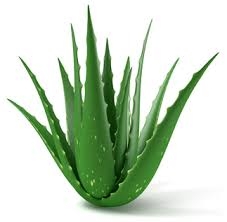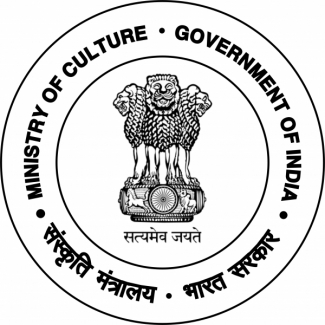
Meeting stringent food safety regulations imposed by countries across the globe, Indian spices and spice products surged to a record export growth worth Rs.17664.61 crore (US$ 2633.30 million) and a volume of 9,47,790 tonnes in 2016-17, sustaining their robust demand in international markets in face of stiff competition.
This is an increase of 12 per cent in volume, nine per cent in rupee terms and six per cent in dollar terms over 2015-16.
Chilli continued to be the most demanded spice in FY 2016-17 with exports of 4,00,250 tonnes amounting to Rs 5,070.75 crores, registering an increase of 15 per cent in volume and 27 per cent in value.
Cumin was the second-most exported spice, recording an increase of 22 per cent in volume and 28 per cent in value. A total volume of 1,19,000 tonnes of cumin valued at Rs.1963.20 crore was exported in 2016-17. The increase was largely due to the mandatory checks on cumin and its byproducts implemented by the Spices Board in the backdrop of rapid alerts from importing countries.
Increased global demand for turmeric, especially in the pharmaceutical sector, drove its exports to attain figures of 1,16,500 tonnes in volume and crossed Rs 1,241 crores in value terms in 2016-17.
The spice which showed the maximum increase as compared to the previous financial year was fennel, registering a 129 per cent increase in volume and 79 per cent in value.
Garlic exports contributed substantially to the overall growth during the year, notching figures of 92 per cent in value terms and 39 per cent in quantity.
The export demand of nutmeg and mace was also on a higher side, registering an increase of 25 per cent to 5,070 tonnes, as compared to 4,050 tonnes during 2015-16.
The export of celery rose from 5,310 tonnes valued at Rs.53.28 crore in 2015-16 to 6,250 tonnes worth Rs. 62.46 crore in 2016-17.
The efforts of Spices Board to promote production of large cardamom, especially in the country’s North Eastern region which is the organic area by default, led to a rise in its exports by 30 per cent in volume and nine per cent in value.
A shift in dietary preferences from conventional spices to processed and value-added spices was evident in the spice export statistics, which exhibited an increase both in volume and value as compared to 2015-16, contributing substantially to the spices export basket in 2016-17.











